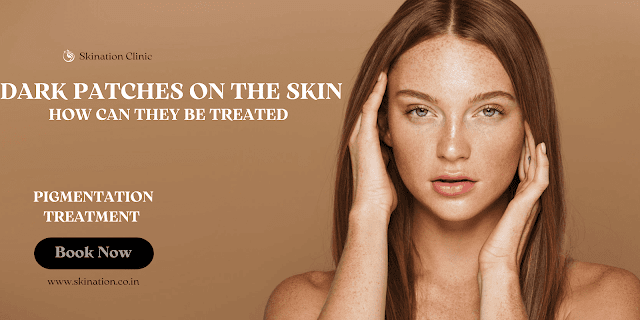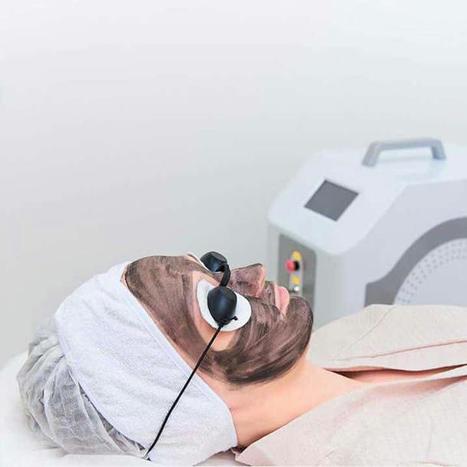Have you ever wondered what causes stretch marks to appear on your skin? Stretch marks are a common condition that affects both men and women of all ages. These are set in streaks that show up on your stomach, breasts, hips, and thighs. However, worry not. Dr. Swati Agarwal, dermatologist at Skination Clinic, offers advanced Stretch mark treatment in Faridabad to help you address this concern effectively. In this blog, she will be discussing the causes of stretch marks and effective treatments to help you achieve smoother skin.
What Are The Causes Of Stretch Marks?
Stretch marks occur when your body quickly grows for any reason, and your skin can't stretch enough to keep up. This results in the formation of fine lines or streaks on skin which can vary in colors from pink to purple to silver.
How To Treat Stretch Marks?
It may be challenging to remove or eliminate stretch marks, but unfortunately there are various treatment options available to help you improve their appearance. Some of the treatments include.
Tropical Retinoid Therapy
Some people find that tretinoin (a retinoid) or retinol works better for them than other products. If you apply it in the early stages every night for 24 weeks, it helps to make it less noticeable. However, the cream has some side effects if not used as directed.
Excimer Laser Therapy
The excimer laser therapy exposes stretch marks to targeted ultraviolet- B (UVB) light. A study showed that it’s safe and can be treated over 1 to 4 months, which helps to treat pigmented problems caused by stretch marks.
Fractional Co2 Laser Therapy
It is a new treatment that smooths out old, white stretch marks. One study showed that individuals’s stretch marks fade after a few treatment sessions compared to those who used topical creams with glycolic acid and tretinoin.
Who is the best doctor for stretch marks treatment?
If you are struggling with stretch marks and seeking effective treatment. You can consider visiting Dr. Swati Agarwal at the Skination Clinic. The best Skin Clinic in Faridabad uses the Excimer Laser, topical lotions, and PRP and microneedling procedure for stretch marks management. The procedure removes thin layers of skin around the marks through high-energy ultraviolet rays and PRP and microneedling remove the scars and rejuvenate the skin.
Schedule a consultation today at the Skination Clinic for more details.





.jpg)



